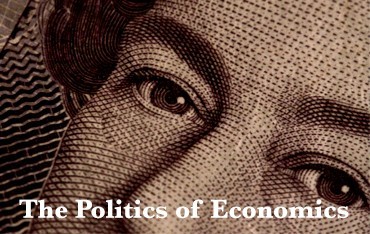The Politics of Economics - 6 November 2018 - Measuring Poverty and Inequality in the Global South
Duration: 1 hour 9 mins
Share this media item:
Embed this media item:
Embed this media item:
About this item

| Description: |
Poornima Paidipaty (Cambridge)
Jason Hickel (Goldsmiths) Abstract In this seminar, Dr Jason Hickel and Dr Poornima Paidipaty will critically discuss the dominant economic measurements used to gauge global poverty and inequality. Based on his new book, The Divide, Jason will present arguments at odds with the dominant narrative of global poverty and inequality reduction, and unpack the political motivations behind this narrative. He will argue that the story of progress towards shared prosperity that institutions like the Work Bank likes to portray, is highly problematic. Poornima will focus on historical shifts in framing, measuring, and understanding inequality. Her historical investigation will invite us to critically examine our notions of equity and justice, as incomes have become the dominant lens for understanding disparity. |
|---|
| Created: | 2018-11-16 10:46 |
|---|---|
| Collection: | The Politics of Economics |
| Publisher: | University of Cambridge |
| Copyright: | Glenn Jobson |
| Language: | eng (English) |
| Keywords: | The Politics of Economics; CRASSH; Poornima Paidipaty; Jason Hickel; |
| Abstract: | Poornima Paidipaty (Cambridge)
Jason Hickel (Goldsmiths) Abstract In this seminar, Dr Jason Hickel and Dr Poornima Paidipaty will critically discuss the dominant economic measurements used to gauge global poverty and inequality. Based on his new book, The Divide, Jason will present arguments at odds with the dominant narrative of global poverty and inequality reduction, and unpack the political motivations behind this narrative. He will argue that the story of progress towards shared prosperity that institutions like the Work Bank likes to portray, is highly problematic. Poornima will focus on historical shifts in framing, measuring, and understanding inequality. Her historical investigation will invite us to critically examine our notions of equity and justice, as incomes have become the dominant lens for understanding disparity. |
|---|---|

